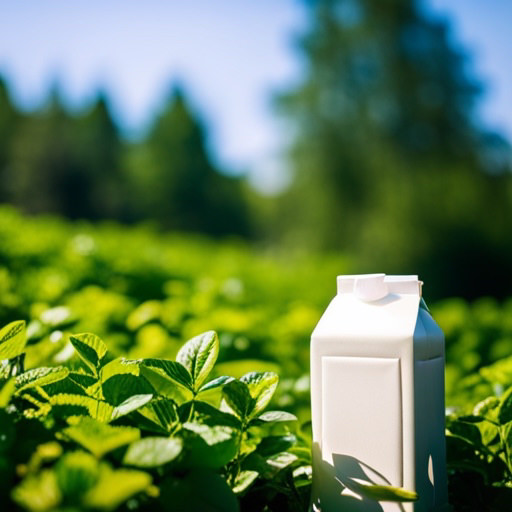These are non-dairy beverages made from a variety of plant foods including nuts, seeds, legumes, and cereals. Some of the most popular plant-based milks include almond milk, soy milk, rice milk, oat milk, and coconut milk. These alternatives have grown in popularity for a variety of reasons, including dietary restrictions, allergies, lactose intolerance, veganism, and environmental sustainability concerns.
These milk alternatives can be purchased pre-made at most grocery stores, and many coffee shops now offer them as an option for their beverages. They are also used in cooking and baking as a substitute for dairy milk.
Making plant-based milk at home is also possible and quite straightforward for many types. For example, to make almond milk, you would soak almonds in water overnight, then blend the mixture and strain it to remove the solids. Homemade plant-based milk allows you to control the ingredients and avoid preservatives and additives often found in store-bought versions.
As for popularity, plant-based milk alternatives have seen significant growth in recent years. For instance, in the United States, sales of oat milk alone surged by over 300% in 2020, making it the second most popular plant-based milk after almond milk. Consumers are increasingly choosing these alternatives for their health benefits, environmental footprint, and dietary needs.
When it comes to storage, plant-based milks do have some differences from traditional cow’s milk. Many store-bought plant-based milks are shelf-stable until opened, meaning they can be stored at room temperature unopened but should be refrigerated after opening. However, they generally have a longer refrigerator shelf life than dairy milk. Homemade plant-based milks typically last about 3-5 days in the fridge and should be shaken before use as separation can occur.
It’s important to always check the best before date on store-bought plant-based milk and to smell and taste it before use if it’s been in your fridge for a while. Discard it if it smells or tastes off. As with any food product, the key to safe consumption is proper storage and attention to freshness.
Please note that if you purchase from clicking on the link, some will result in my getting a tiny bit of that sale to help keep this site going.

